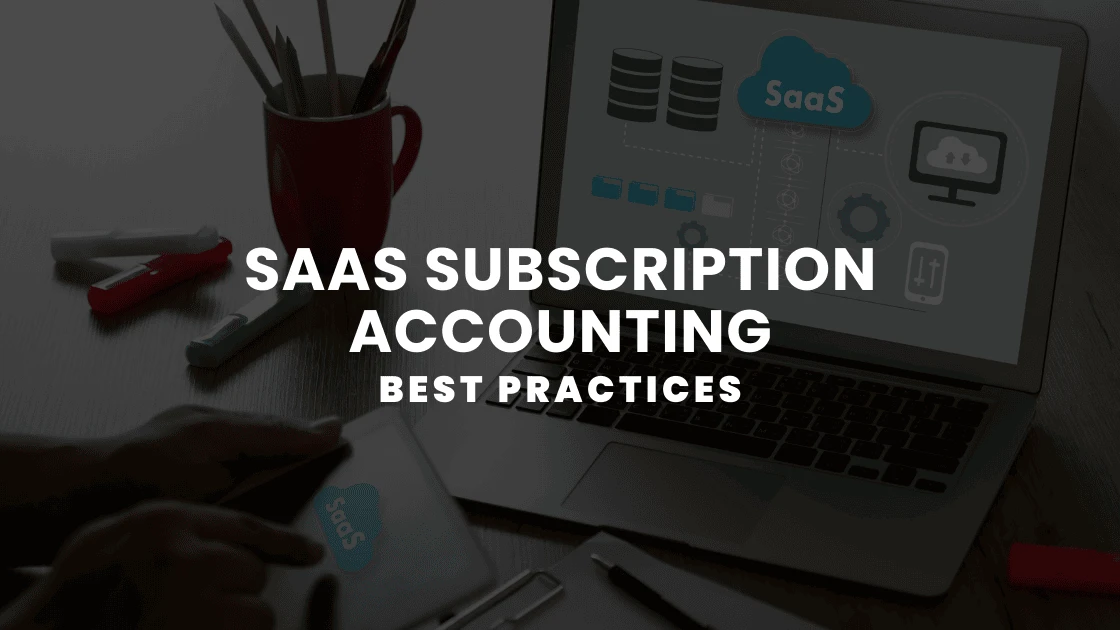February 2 2023 | By Farwah Jafri | 4 minutes Read

Accrual-based accounting is the go-to method for public and private businesses as it is simple. However, tracking finances this way is easier said than done, as expenses or revenues don’t always match payments and earnings. That’s why every business needs to know what is deferral in accounting and how to use it right.
This blog post describes in detail what is deferral in accounting, how it works with examples, and why to use it.
Businesses regularly make advance payments to vendors, suppliers, and other businesses for products and subscription-based services. So, in such cases, some also receive advance payments before the product or service delivery. In both cases, money exchanges hands before the delivery or acquisition of a product or service and are far from ideal trades by the books.
Staying true to the accounting principles, it is no less a mistake to count such as norm expense or revenue. Thus, accountants call these deferrals instead. Deferrals in accounting are adjusting entries made for prepaid expenses and pre-delivery revenue. They delay entry to the point the transaction gets realized.
Without deferrals, prepaid expenses and pre-delivery revenues can imbalance the general ledger beyond repair. So, to track finances accurately, it is a must to defer some payments to a later date for the sake of clarity and accountability.
Deferrals in accounting help businesses accurately reflect income and expenses for a given fiscal year, as they only count expenses up to the point of service received and income up to the point of product or service delivered. The rest gets deferred to the next fiscal year to ensure books remain balanced.
Knowing what is deferral in accounting is not enough, and it is also essential to build familiarity with deferred revenue and expenses. For better clarity, the former counts as a liability and the latter as an asset. Both move to the next fiscal year much the same way and follow the pattern until complete recognition of revenue or expense.
For example, let’s say a business receives $2000 for a subscription-based service from a client. In this case, the amount will count as a debit in the cash account and a credit in the deferred revenue account. Per the subscription model, the amount gradually changes until deferred revenue hits zero.
In contrast, paying advance rent is the best example of deferred expense. The prepaid payment realizes month-by-month for the entire year. It gets realized completely as an expense at the year-end.
Deferred revenues and expenses help businesses match their transactions and keep books balanced. Take them away, and the business will run into financial trouble due to huge payments or expenses received or paid prematurely.
In plain words, deferrals explain the time gap between cash received or paid and realization. They help reflect finances accurately and clear up financial records for internal management and external stakeholders. Not to forget, deferrals help businesses maintain compliance with the GAAP and the IFRS.
In addition, deferrals help a business plan for the future and make timely and informed business decisions. A business owner who doesn’t understand what is deferral in accounting is bound to head into financial trouble sooner or later.
Further, these adjusting entries become vital during the tax season as they help businesses accurately segregate revenue and expenses and save them from an audit. With everything recorded accurately, there is a little element for doubt, and businesses can rest assured their books reflect their finances truly.
Knowing what is deferral in accounting can help business owners become more in tune with their business finances. In addition, it helps business owners track their finances accurately and better understand their cash flow statements. Basic familiarity with financial terms like deferrals is a must for every business owner who envisions building a successful business.
Remember, business success relies upon the owner’s ability to make timely and informed decisions, and it is a must to have a clear idea about terms like deferrals to do so. Fortunately, now you know what is deferral in accounting and how it works.
See Also: What Is Cash Disbursements Journal In Accounting?
Subscribe for business tips, tax updates, financial fundamentals and more.
MORE BLOGS

Running a SaaS business can look simple from the outside. Customers sign up, pay monthly or yearly, and keep using the product. Quite straightforward, right? Behind […]
Learn More →
Revenue is the heartbeat of any SaaS business. But how and when that revenue shows up on your books can change everything, from investor confidence to […]
Learn More →
If you’re a small business, we will absolutely get it if you say you’re having a hard time choosing a payment platform for your company. And […]
Learn More →